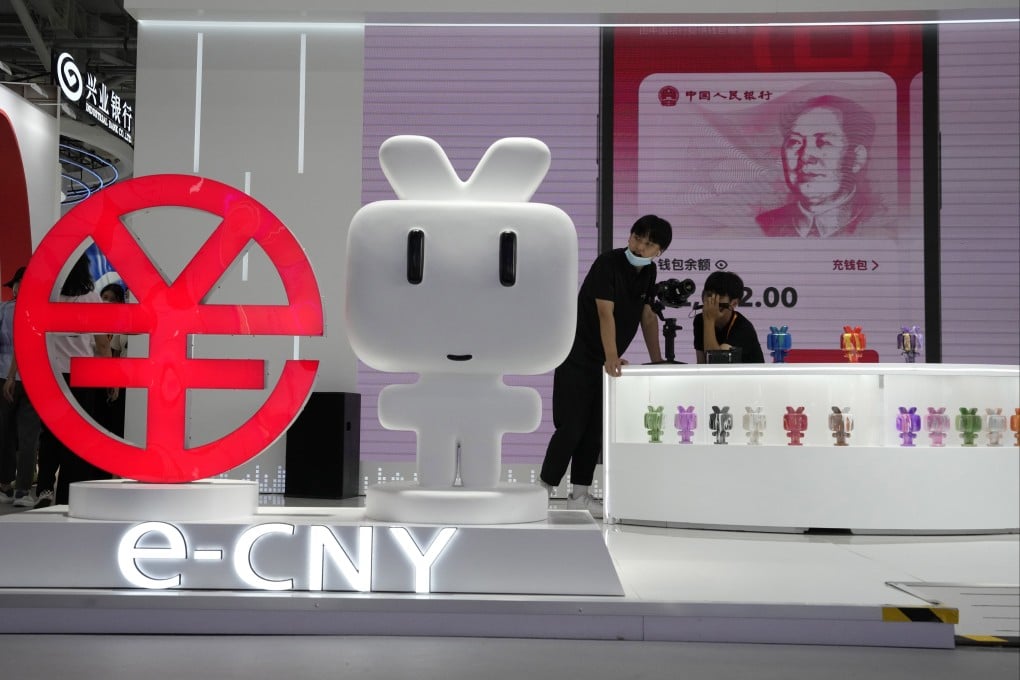China digital currency: Bank of China completes cross-border settlement for precious metals trading using e-CNY
- The BOC transferred 100 million yuan from an overseas buyer, depositing the funds as digital yuan into a Shanghai Gold Exchange account
- Since 2019, Beijing has been ramping up efforts to expand the project, officially named Digital Currency Electronic Payment, abroad

China has been expanding the use of its sovereign digital currency in cross-border businesses, with the state-owned Bank of China completing the first cross-border settlement for precious metals trading.
The bank’s Shanghai branch transferred 100 million yuan (US$14 million) in cash from an overseas buyer, depositing the funds as digital yuan into an account under the Shanghai Gold Exchange, according to a Wednesday report by state-run newspaper Shanghai Securities News, citing a representative of the branch.
The settlement was co-conducted with the bank’s Hong Kong unit, the representative said.
The wallet app of the digital yuan, launched in January 2022, received a major update in September, allowing foreigners in China to sign up using their international phone number, top up with their overseas Visa or Mastercard cards, and transfer their wallet balance back to offshore accounts.
A week before the change, an earlier update allowed domestic citizens to pay for utilities with digital money. The feature arrived years later than on the country’s dominant mobile payment apps, Alipay and WeChat Pay, which enabled similar features in 2008 and 2015, respectively.
Alipay, owned by Alibaba Group Holding’s fintech affiliate Ant Group, and WeChat Pay from Tencent Holdings, controlled a combined market share of 93 per cent by the end of 2022, according to consultancy firm Shangpu Group.